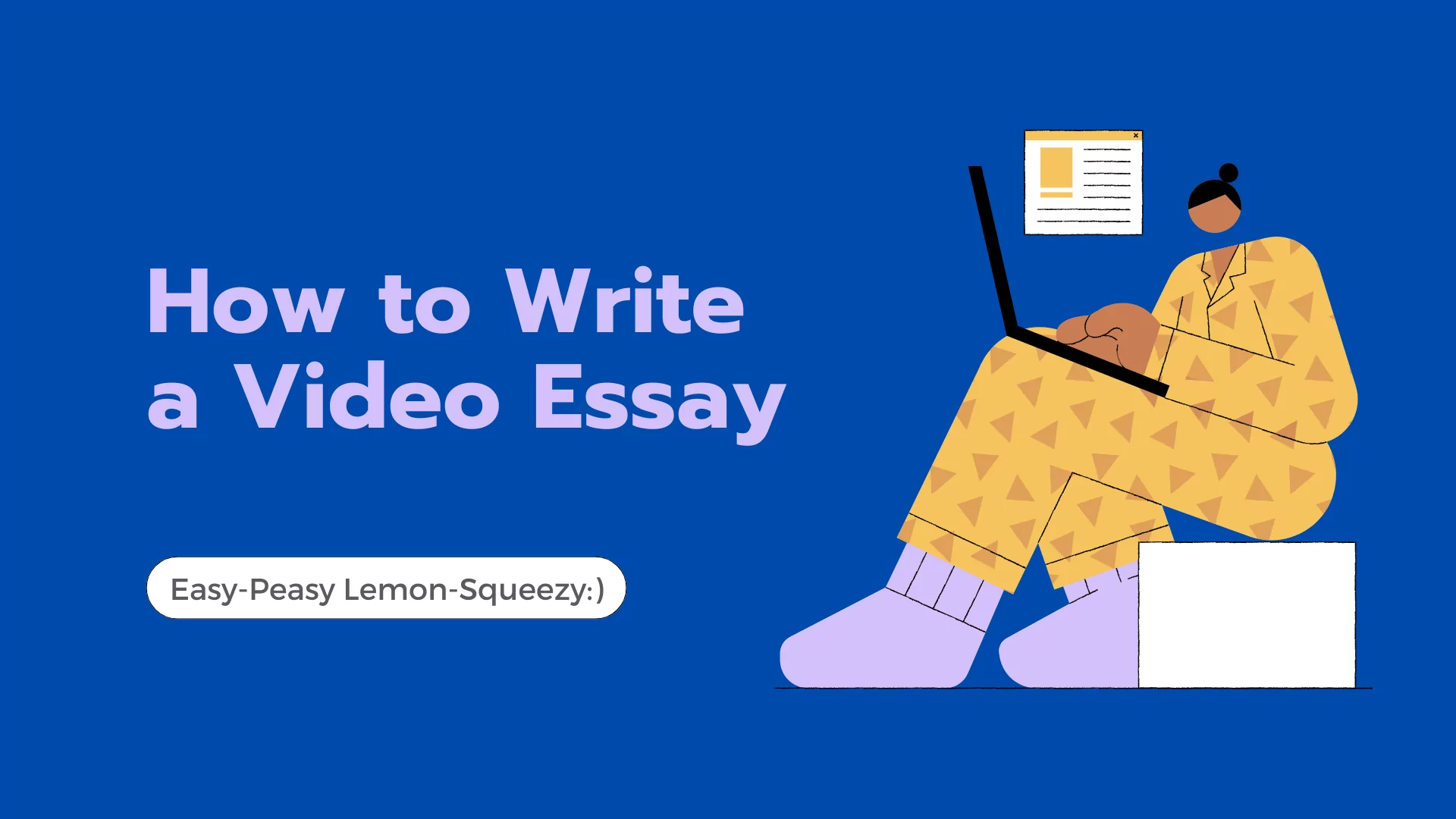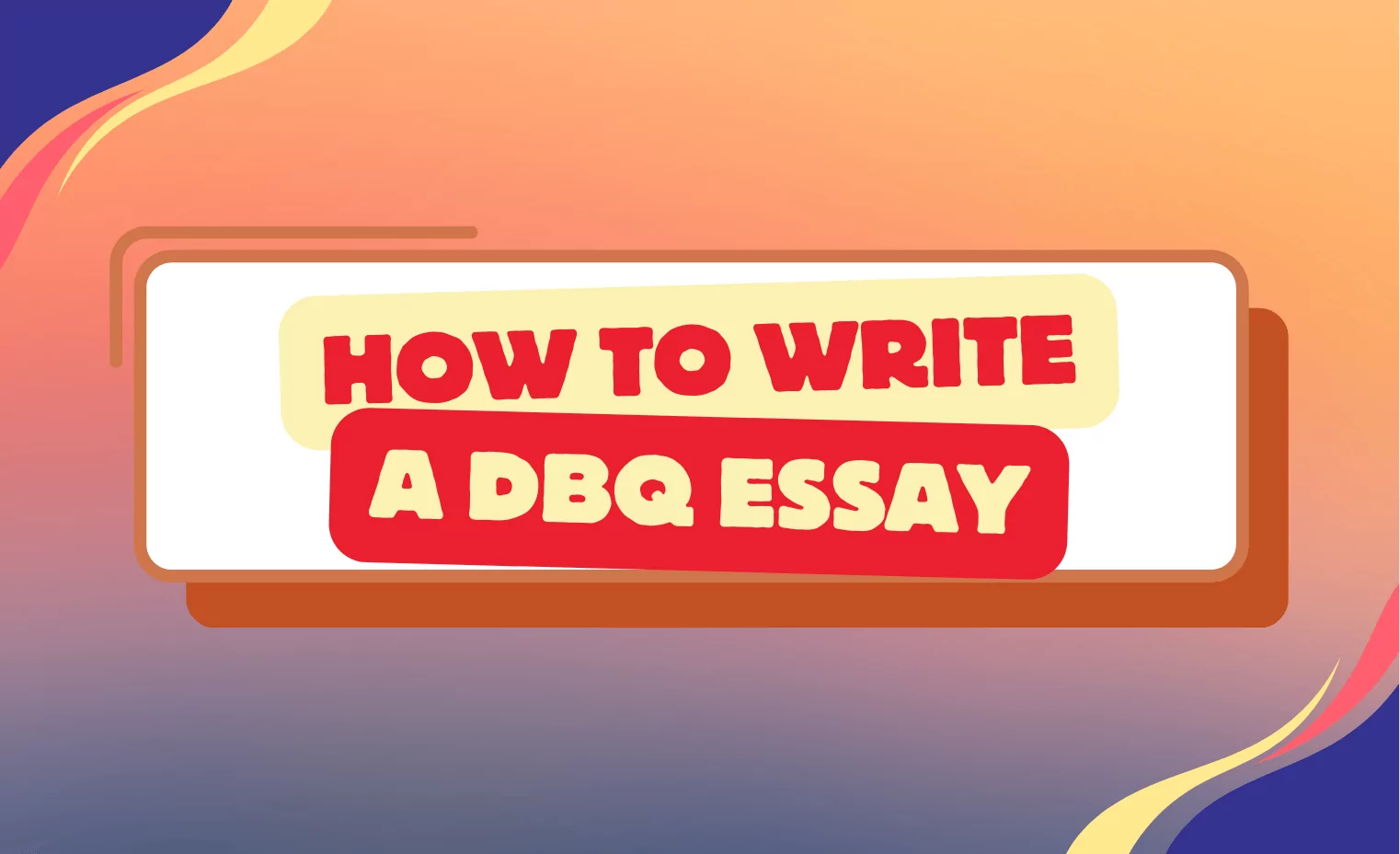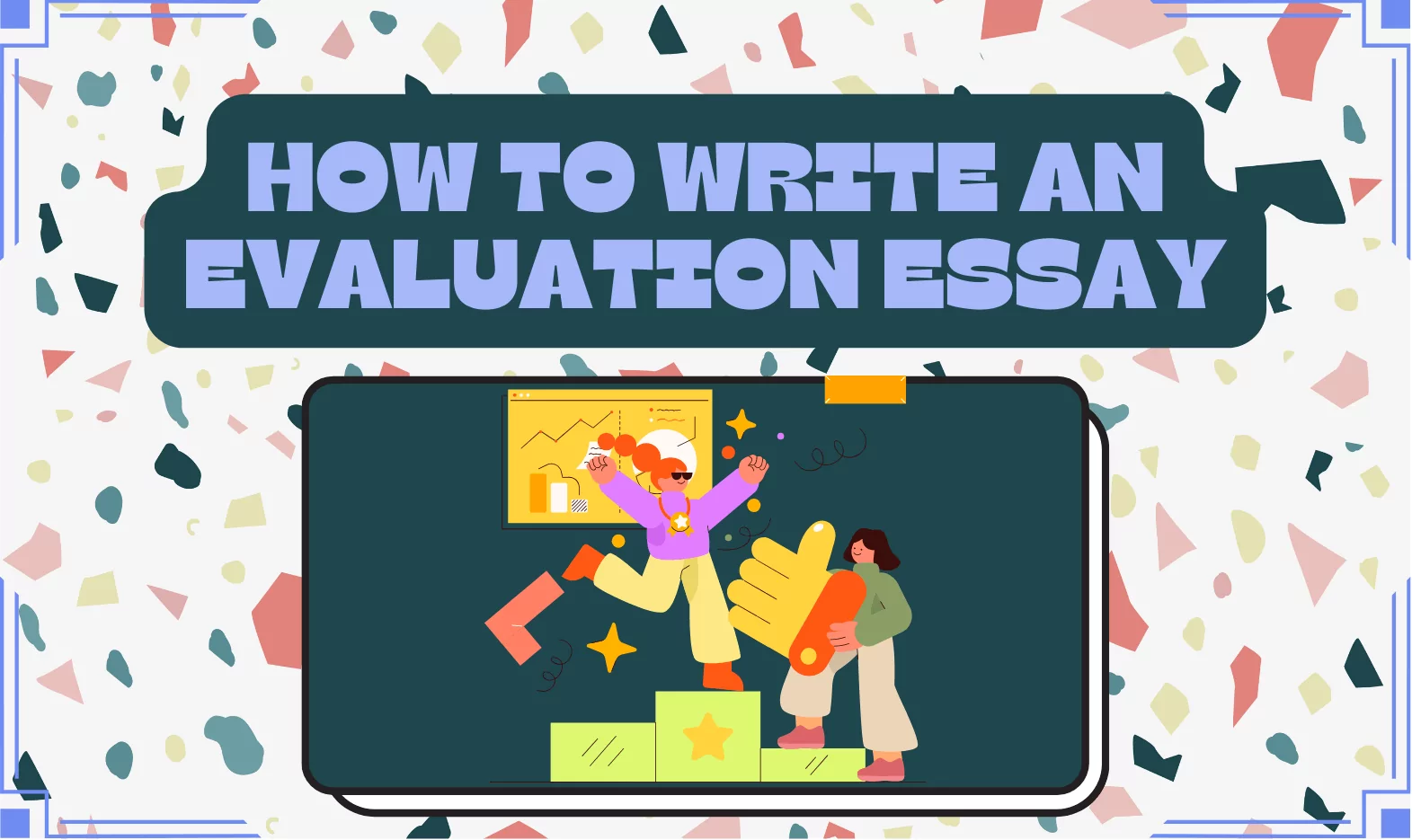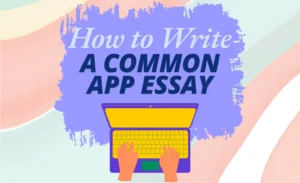
- AI Essay Writer
- Paraphraser
- AI Text Summarizer
- AI Research Tool
- AI PDF Summarizer
- Outline Generator
- Essay Grader
- Essay Checker
Imagine you’re building a playlist, and every song fits perfectly with the next one. The transitions are smooth, and nothing feels out of place. When we talk about a “bridge” in an essay, we’re talking about the tool that helps you create those smooth transitions between your paragraphs, and make your ideas flow like a well-crafted playlist.
A bridge in an essay is basically a sentence or two that connects one paragraph to the next . So, instead of jumping from one point to another like a kangaroo, a bridge helps your essay feel more cohesive and your arguments stronger and easier to follow.
Now, where do you use these bridges? The obvious place is after your introduction, where you move from your hook and background information into the thesis. But that’s not the only spot. Bridges can (and should) be used throughout your essay. Anytime you’re shifting from one paragraph to the next, especially when moving from one main idea to another, you need a bridge. This helps your reader understand how the ideas are connected and why they’re important.

Types of Essay Bridges
If you don’t know how exactly to improve your paper structure, we can give you a little jumpstart. In academic writing, using the right types of bridges can make a huge difference. So, let’s break down some of the key types you’ll want to use in your essays.
1. Transition Words and Phrases
This is the simplest and most common type of bridge. These words help clarify the relationship between sentences and paragraphs, making your essay easier to follow.

- Furthermore
- In addition
- On the other hand
- For example
- In contrast
- As a result
- Consequently
2. Topic Sentences
A topic sentence is the first sentence of a paragraph that introduces the main idea. Think of it as a mini-introduction for each paragraph.

- Building on the previous idea, this paragraph explores…
- Another significant point to consider is…
- This leads us to the next key issue, which is…
- Continuing from the last discussion, it’s important to note…
- Having examined the causes, let’s now explore the effects…
- To expand on the previous argument, we can see that…
- Shifting focus slightly, the next point to consider is…
- Building on this concept, it’s clear that…
- Looking at the situation from another angle…
- The next aspect worth discussing is…
3. Summarizing Sentences
Summarizing sentences usually come at the end of a paragraph.

- In summary, this evidence supports the idea that…
- Thus, the argument clearly shows that…
- In conclusion, it’s evident that…
- To sum up, we can see that…
- This leads to the undeniable fact that…
- Therefore, the discussion confirms that…
- In short, the analysis proves that…
- Conclusively, we can observe that…
- Clearly, the data suggests that…
- To wrap up, it’s apparent that…
4. Linking Sentences
Linking sentences can appear anywhere in your essay, but they’re most effective in the middle of paragraphs.

- As previously mentioned, this idea connects with…
- This evidence also supports the earlier point that…
- In relation to the previous argument, this finding…
- This concept is further clarified by…
- As discussed earlier, this example illustrates…
- Connecting this with the earlier point, we can see that…
- This detail strengthens the argument that…
- Relating this to the previous discussion, it’s clear that…
- Linking this to our earlier discussion, we observe that…
- This fact further supports the notion that…
Using these different types of bridges in your essay can make your writing more fluid, logical, and easier to follow. Each type serves its own purpose, whether it’s guiding your reader through your argument, linking ideas together, or wrapping up a paragraph.
Explaining Bridge Examples Essay
All is well when you talk about these things in theory, but what about practice? Let’s say you’re writing an essay about the benefits of exercise. You’ve just finished a paragraph about how exercise improves mental health, and now you’re moving on to discuss its impact on physical health. Here’s how you might write a good bridge:
“Exercise doesn’t just boost your mood; it also has a profound effect on your physical well-being. In addition to its mental health benefits, regular exercise can reduce the risk of chronic diseases such as heart disease and diabetes. While keeping the body active, exercise strengthens the heart, improves circulation, and helps maintain a healthy weight. These physical health benefits make regular exercise an essential part of a balanced lifestyle.”
The bridge here is the sentence: “In addition to its mental health benefits, regular exercise can reduce the risk of chronic diseases such as heart disease and diabetes.” This bridge works well because it directly connects the previous idea (mental health benefits) to the new one (physical health benefits) by using the phrase “in addition to.” This transition phrase smoothly guides the reader from one point to the next, showing how the two ideas are related and ensuring the essay flows logically from paragraph to paragraph.
Here’s another example. Suppose, you were tasked to write about the impact of social media (yeah, a revolutionary concept!). You’ve already discussed how social media has made communication more convenient, and now you want to explore the downside, particularly how it can lead to misunderstandings.
“Social media has improved the way we communicate by making it easier to stay connected with friends and family across the globe. However, this convenience comes at a cost. The lack of face-to-face interaction often leads to miscommunication, as tone and intent can easily be misunderstood through text alone. For instance, what might be intended as a joke can sometimes be perceived as rude or insensitive, leading to unnecessary conflicts.”
The bridge here is the sentence: “However, this convenience comes at a cost.” This type of bridge introduces a contrast between the convenience of social media, discussed in the previous paragraph, and the negative effects, which are the focus of the new paragraph. The word “however” shows a shift in the argument and helps the essay keep a balanced perspective while making sure the reader understands the transition from one idea to the next.
How to Write an Effective Bridge?
To write an effective bridge, focus on smoothly connecting one idea or paragraph to the next. The bridge should make the relationship between the ideas clear, whether by showing contrast, adding information, or indicating cause and effect. Use transition words or phrases that help guide the reader, ensuring your essay flows logically from one point to the next.
What Is a Bridge Example?
A bridge example is a sentence or phrase that links two paragraphs or ideas in an essay. For instance, if you’re shifting from discussing the benefits of technology to its drawbacks, you might use a bridge like, “While technology offers many conveniences, it also presents significant challenges.” This sentence connects the two ideas, making the transition smooth.
What Is a Good Sentence for Bridge?
A good sentence for a bridge clearly connects the current paragraph to the next. For example, “In contrast to the previous point, the following argument highlights a different perspective.” This sentence works well because it not only introduces the new idea but also signals to the reader that a shift in the argument is occurring.
How Long Is a Bridge in Writing?
A bridge in writing is typically one to two sentences long. The length can vary depending on the complexity of the ideas being connected, but it should be concise enough to keep the reader’s attention while effectively linking the two sections. The goal is to maintain the flow of the essay without distracting the reader with unnecessary detail.
Related Posts

How to Write a Video Essay

- November 1, 2024
- Comments Off on How to Write a Video Essay

How to Write a DBQ Essay
- Comments Off on How to Write a DBQ Essay

How to Write an Evaluation Essay
- October 3, 2024
- Comments Off on How to Write an Evaluation Essay
Are you ready to write top-quality essays?
Boost Your Essay Writing Skills and Achievements with Textero AI
- No credit card required to start
- Cancel anytime
- 4 different tools to explore
Purdue Online Writing Lab Purdue OWL® College of Liberal Arts
Transitional Devices

Welcome to the Purdue OWL
This page is brought to you by the OWL at Purdue University. When printing this page, you must include the entire legal notice.
Copyright ©1995-2018 by The Writing Lab & The OWL at Purdue and Purdue University. All rights reserved. This material may not be published, reproduced, broadcast, rewritten, or redistributed without permission. Use of this site constitutes acceptance of our terms and conditions of fair use.
Transitional devices are like bridges between parts of your paper. They are cues that help the reader to interpret ideas a paper develops. Transitional devices are words or phrases that help carry a thought from one sentence to another, from one idea to another, or from one paragraph to another. And finally, transitional devices link sentences and paragraphs together smoothly so that there are no abrupt jumps or breaks between ideas.
There are several types of transitional devices, and each category leads readers to make certain connections or assumptions. Some lead readers forward and imply the building of an idea or thought, while others make readers compare ideas or draw conclusions from the preceding thoughts.
Here is a list of some common transitional devices that can be used to cue readers in a given way.
and, again, and then, besides, equally important, finally, further, furthermore, nor, too, next, lastly, what's more, moreover, in addition, first (second, etc.)
To Compare:
whereas, but, yet, on the other hand, however, nevertheless, on the contrary, by comparison, where, compared to, up against, balanced against, vis a vis, but, although, conversely, meanwhile, after all, in contrast, although this may be true
because, for, since, for the same reason, obviously, evidently, furthermore, moreover, besides, indeed, in fact, in addition, in any case, that is
To Show Exception:
yet, still, however, nevertheless, in spite of, despite, of course, once in a while, sometimes

To Show Time:
immediately, thereafter, soon, after a few hours, finally, then, later, previously, formerly, first (second, etc.), next, and then
in brief, as I have said, as I have noted, as has been noted
To Emphasize:
definitely, extremely, obviously, in fact, indeed, in any case, absolutely, positively, naturally, surprisingly, always, forever, perennially, eternally, never, emphatically, unquestionably, without a doubt, certainly, undeniably, without reservation
To Show Sequence:
first, second, third, and so forth. A, B, C, and so forth. next, then, following this, at this time, now, at this point, after, afterward, subsequently, finally, consequently, previously, before this, simultaneously, concurrently, thus, therefore, hence, next, and then, soon
To Give an Example:
for example, for instance, in this case, in another case, on this occasion, in this situation, take the case of, to demonstrate, to illustrate, as an illustration, to illustrate
To Summarize or Conclude:
in brief, on the whole, summing up, to conclude, in conclusion, as I have shown, as I have said, hence, therefore, accordingly, thus, as a result, consequently
- AI Writing Services
- AI Detectors
- Coding Homework Help
- Citation Generators
- Editing Websites
- Essay Writing Websites
- Language Learning Websites
- Math Solvers
- Paraphrasers
- Plagiarism Checkers
- Reference Finders
- Spell Checkers
- Summarizers
- Tutoring Websites
- Essay Checkers
- Essay Topic Finders
- Top Lists and Recommendations
- Writing an Essay
- Writing a Review
- Writing a Research Paper
- AI Writing Guides
- AI Detection Guides
- Citation Guides
- Coding Guides
- Grammar Guides
- Humanities Guides
- Language Learning Guides
- Paraphrasing Guides
- Plagiarism Guides
- Summary Writing Guides
- STEM Guides
- Academic Text Samples
- Application Essay Samples
- Business Writing Samples
- Creative Writing Samples
- Letter Writing Samples
- Writing Tips and Rules
- Student Life
- Higher Education News
- EdTech News
- Job Market for Students
- Academic Writing Tips
- Language Learning Tips
- Coding Tips and Trends
- AI Detector
- AI Essay Checker
- AI Essay Writer
- Citation Generator
- Grammar Checker
- Literature Review Generator
- Paraphraser
- Plagiarism Checker
- Reference Finder
Most Popular
12 days ago
How to Write Common App Essay
How to write a bridge in an essay.

It’s no surprise that when you’re building an essay, each part needs to fit together to reflect the main idea. Now, if your introduction and thesis are the corner pieces, the bridge is like that connecting piece in the middle that makes everything come together smoothly. Without a bridge, your essay might feel like it’s jumping from one idea to another without any clear direction. It keeps your readers on track, helping them follow your thoughts without getting lost. And don’t worry, it’s easier than it sounds—I’ll show you how to do it with some specific examples!
What Is a Bridge in an Essay
Let’s talk about bridges—not the ones you drive across, but the ones you need in your essays. So, what exactly is a bridge in writing? Think of it as a connecting link between your introduction and the main body of your work . It’s that sentence (or two) that helps your ideas flow smoothly from one paragraph to the next.
Bridges are usually placed right after your introduction or before you get to the next argument, idea, or point.
You’ve got your hook to grab the reader’s attention, and then you set up the background and introduce your thesis. But before diving straight into your main points, you need a bridge to ease your reader into the next part of your essay. This connecting sentence helps blend your introduction with the body paragraphs.
Why does this matter? Well, a good bridge makes your essay easier to read and understand. It provides the necessary information to connect your ideas, helping the reader stay engaged. With no bridges your essay might fall apart, leaving your reader confused.
What Makes a Good Bridge in an Essay?
So, what should a bridge sentence be like? First off, it should be clear and concise . You don’t need to go overboard—just a simple sentence or two will do the trick. The key is to create a logical connection between the background information you’ve provided in your introduction and the first point you’re about to discuss. Think of it as setting the stage for what’s coming next, without giving everything away.
Here’s a tip: try to mention something from your introduction and something from your upcoming paragraph in your bridge. This helps in linking the two sections seamlessly.
For example, if your essay is about the benefits of exercise, your bridge might reference the general health background you’ve just discussed and hint at the specific benefits you’re about to explore.
Another important detail: avoid making your bridge sentence too generic . You want it to feel natural, like a smooth transition, not like you’re just filling space. A good bridge sentence should be specific enough to add value to your essay but broad enough to cover the transition from one idea to the next. It’s a balancing act, but with a little practice, it’ll become second nature.
Humor can be your friend here, too — don’t be afraid to lighten things up with a witty comment or a clever observation if it fits the tone of your essay. Just remember, the goal is to keep your reader interested and moving forward with you.
Here are some examples of most common transitional words for essay bridges:
Good Bridge Examples Essay
When writing an essay, having a solid bridge between your introduction and body paragraphs is like having a strong backbone. To help you nail this concept, let’s dive into a few good bridge examples and break down why they work so well. To better show off the rules, all of the bridge sentences will be highlighted .

“The rise of social media has dramatically changed how we communicate. However, while social media offers new avenues for connection, it also raises concerns about privacy and mental health . These concerns highlight the need for more thoughtful engagement with these platforms.”
🔵 This bridge smoothly shifts from the introduction, which presents the broad idea of social media’s impact, to the first paragraph, focusing on specific concerns. It connects the general background with the more focused thesis and helps the reader transition without feeling lost.

“Education systems across the globe are evolving to meet the needs of the 21st century. Despite these changes, many traditional methods still play a vital role in student success . This is particularly true for approaches that emphasize critical thinking and problem-solving.”
🔵 The bridge here acknowledges the introduction’s discussion on educational evolution while setting up the next paragraph’s focus on traditional methods. It helps in blending the broader topic with the specific points that will be elaborated on, which makes the transition feel natural.

“Climate change is arguably the most pressing issue of our time. While the effects of climate change are undeniable, the solutions we pursue will determine our future . One of the most promising solutions is the shift toward renewable energy sources.”
🔵 This bridge connects the alarming nature of climate change with the hopeful discussion of solutions. It helps keep the flow from a broad, attention-grabbing hook to a focused argument in the following paragraph.
These examples work because they do a few key things: they relate back to the thesis , introduce the upcoming paragraph’s main idea , and smoothly connect one sentence to the next .
Crafting a solid bridge in your essay is not just a stylistic choice—it’s a part of writing that can significantly improve the quality of your work. A well-constructed bridge keeps your argument strong and your reader engaged, which is exactly what you want in any academic essay. When your ideas are connected smoothly, it shows that you’ve thought carefully about the structure of your essay, making your argument more persuasive. So, don’t underestimate the importance of a well-placed bridge — it can elevate your writing and make your essay stand out for its coherence and effectiveness.
What is a bridge in an essay example?
A bridge in an essay is a sentence that connects your introduction to your main points, ensuring a smooth transition between ideas. For example, after introducing a topic like climate change, a bridge might be: “While the effects of climate change are undeniable, addressing them requires a comprehensive approach.” This leads the reader naturally into the detailed discussion that follows.
How do you write a bridge in a paper?
To write a bridge in a paper, identify the key point from your introduction that links to the main idea of your next paragraph. Then, craft a sentence that smoothly transitions from the general topic to the specific details you’ll discuss. The goal is to connect ideas clearly, making sure the reader understands the relationship between them without abrupt shifts.
How do you write a bridge in a sentence?
Writing a bridge in a sentence involves connecting two ideas or paragraphs seamlessly. Start by summarizing the idea from the previous section and hinting at what’s coming next. For instance, if you’ve discussed the benefits of exercise, your bridge might be: “Beyond these physical advantages, exercise also plays an important role in mental well-being,” which leads smoothly into the next topic.
How to start a bridge sentence?
To start a bridge sentence, think about the key concept you’ve just discussed and how it relates to what’s coming next. Use transitional phrases like “however,” “on the other hand,” or “more importantly” to signal the shift. For example, “While technology has advanced rapidly, its impact on personal privacy remains a significant concern,” effectively links one idea to the next.
Follow us on Reddit for more insights and updates.
Comments (0)
Welcome to A*Help comments!
We’re all about debate and discussion at A*Help.
We value the diverse opinions of users, so you may find points of view that you don’t agree with. And that’s cool. However, there are certain things we’re not OK with: attempts to manipulate our data in any way, for example, or the posting of discriminative, offensive, hateful, or disparaging material.
Cancel reply
Your email address will not be published. Required fields are marked *
Save my name, email, and website in this browser for the next time I comment.
More from How to Write an Academic Assignment

How to Revise an Essay

How To Write a Why Us Essay
10 min read
Remember Me
Is English your native language ? Yes No
What is your profession ? Student Teacher Writer Other
Forgotten Password?
Username or Email

IMAGES
VIDEO